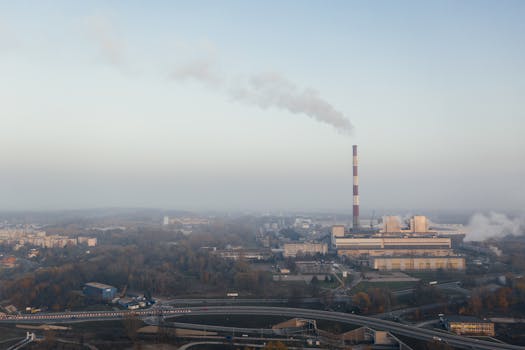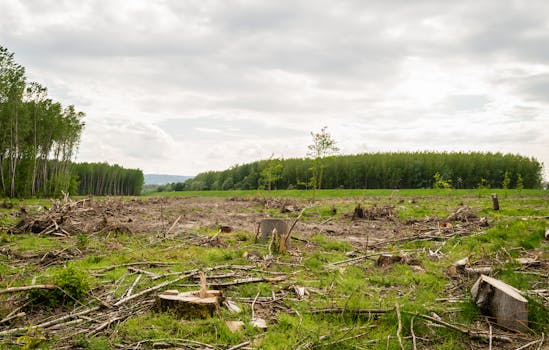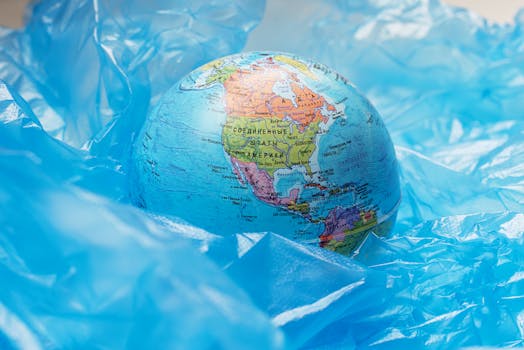
The Impact of Climate Change on Global Ecosystems: Understanding the Consequences
Introduction to Climate Change and Global Ecosystems

Climate change is one of the most pressing issues of our time, with far-reaching consequences for the health of our planet. The impact of climate change on global ecosystems is a complex and multifaceted topic, involving changes to temperature and precipitation patterns, sea-level rise, and shifts in species distributions. Climate change is defined as a significant change in global temperatures and weather patterns over a long period of time, and is primarily caused by human activities such as burning fossil fuels, deforestation, and land-use changes.
Global ecosystems, including forests, grasslands, deserts, and oceans, provide essential services such as air and water filtration, soil formation, and climate regulation. However, these ecosystems are facing unprecedented threats due to climate change, including rising temperatures, altered precipitation patterns, and increased frequency of extreme weather events.
Consequences of Climate Change on Global Ecosystems

The consequences of climate change on global ecosystems are widespread and varied. Some of the most significant impacts include:
- Rising temperatures: Increased temperatures are altering the distribution and abundance of plants and animals, leading to changes in ecosystem processes and function.
- Altered precipitation patterns: Changes in precipitation patterns are affecting the availability of water for ecosystems, leading to droughts, floods, and other extreme weather events.
- Sea-level rise: Rising sea levels are threatening coastal ecosystems, including mangroves, coral reefs, and salt marshes, and are also leading to increased erosion and flooding.
- Shifts in species distributions: Climate change is causing changes in the distribution and abundance of species, leading to the loss of biodiversity and ecosystem function.
These changes are having significant impacts on ecosystem services, including air and water filtration, soil formation, and climate regulation. For example, changes in forest ecosystems are affecting the global carbon cycle, while changes in ocean ecosystems are impacting global fisheries and marine biodiversity.
Case Studies: The Impact of Climate Change on Specific Ecosystems

There are many examples of the impact of climate change on specific ecosystems around the world. Some of the most notable include:
- Coral bleaching: Rising sea temperatures are causing widespread coral bleaching, leading to the loss of coral reefs and the many species that depend on them.
- Polar bears and sea ice: Changes in sea ice coverage are threatening the survival of polar bears, which rely on sea ice for hunting and breeding.
- Amazon rainforest: Droughts and fires are affecting the Amazon rainforest, leading to the loss of biodiversity and ecosystem function.
These case studies demonstrate the significant impacts of climate change on specific ecosystems and the importance of addressing these changes to mitigate their effects.
Conclusion

In conclusion, the impact of climate change on global ecosystems is a complex and multifaceted topic, involving changes to temperature and precipitation patterns, sea-level rise, and shifts in species distributions. The consequences of climate change on global ecosystems are widespread and varied, and are having significant impacts on ecosystem services, biodiversity, and human well-being.
It is essential that we take immediate action to address the causes of climate change, including reducing greenhouse gas emissions and transitioning to renewable energy sources. We must also work to protect and conserve ecosystems, including restoring degraded habitats and promoting sustainable land-use practices.
By working together to address the impacts of climate change, we can help to mitigate its effects and ensure the long-term health and resilience of our planet.




